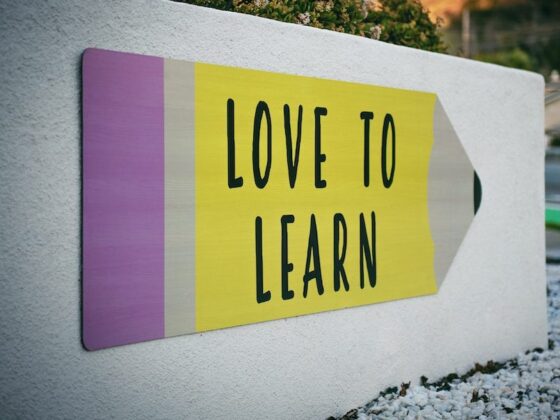Parents want to learn with their children. They want to be able to answer homework questions, help their child read a difficult sentence or book, or share a new discovery.
Yet, for many parents, this is not an easy thing to do. They are not comfortable with the schoolwork or familiar with many of the easy tips and tricks that teachers use to help students build their skills. In reading in particular, parents have many opportunities to ask simple, repeatable questions that can improve their student’s reading and understanding of what they read.
A recent article in the New York Times highlighted the issue of parents’ supporting student learning over the summer. The positive experiences and outcomes highlighted in the article by engaging parents directly in maintaining literacy skills over the summer parallel the success ThinkStretch has had by including parents directly in the summer learning experience.
Back in 2009 as a parent at a Title I school, I developed the ThinkStretch summer learning program as a gift for my children’s entire school. As I built the content, I spoke with parents who told me “I need a Summer Learning book” to help them help their students. So I wrote the Parent Guide to Summer with plain spoken, parent language to help parents select books, talk about reading, and have fun reading and writing with their children. In addition, I built a Parent Education Night that spoke directly to parents about how to support their children over the summer.
And I learned something important as ThinkStretch spread across the country: parents want to help their students keep all the skills they have worked so hard to learn over the school year. Sometimes, we simply need to give parents tools and tips, in a personal, simple, straight forward format. Techniques that seem obvious to educators, may not be intuitive for busy, stressed and loving parents.
I commend the attention that the New York Times, Tina Rosenberg, and SpringBoard founder Alejandro Gac-Artigas are bringing to the issue of engaging parents in summer learning successes.





